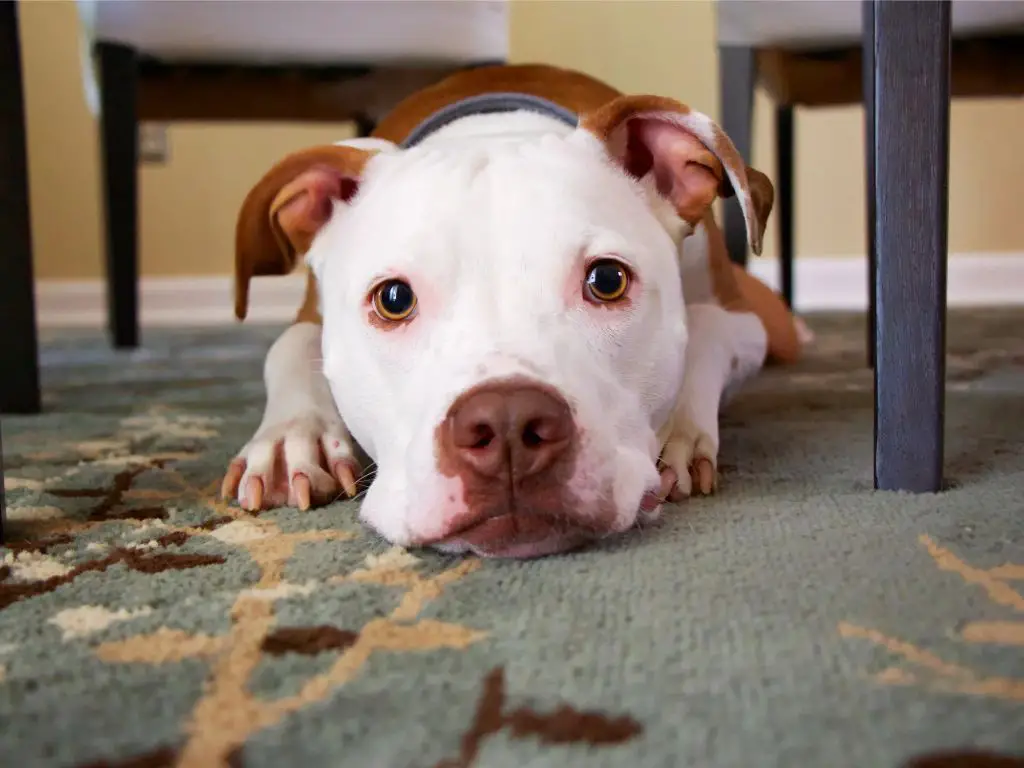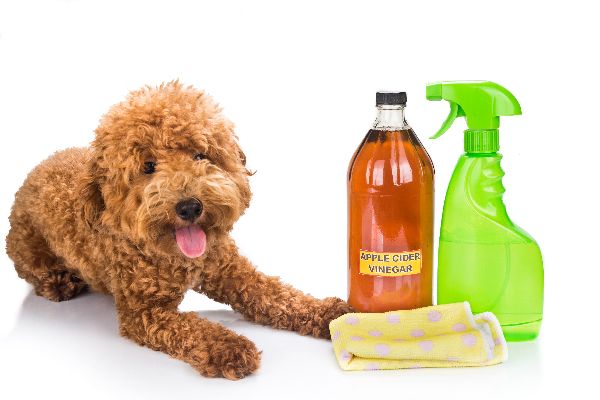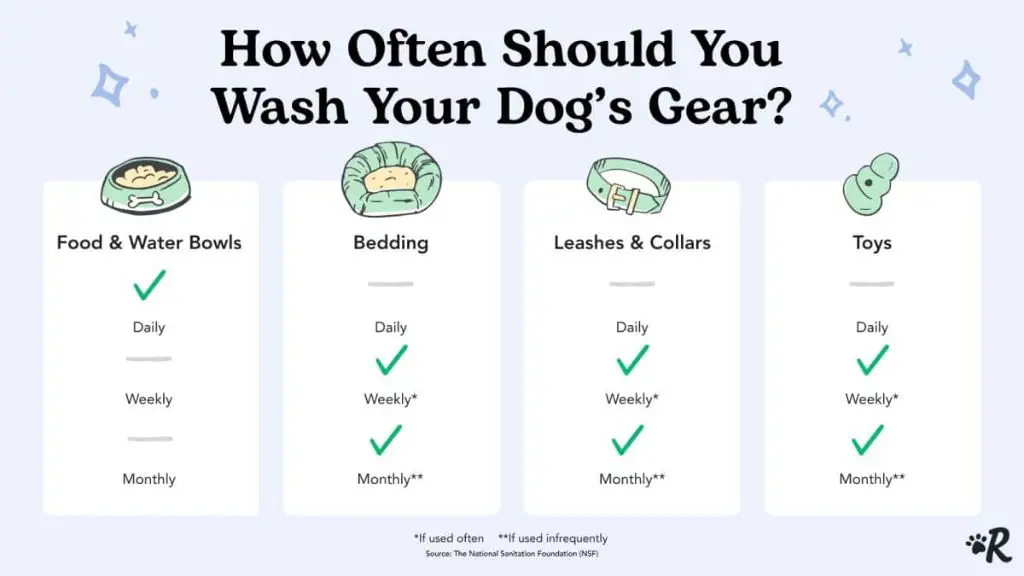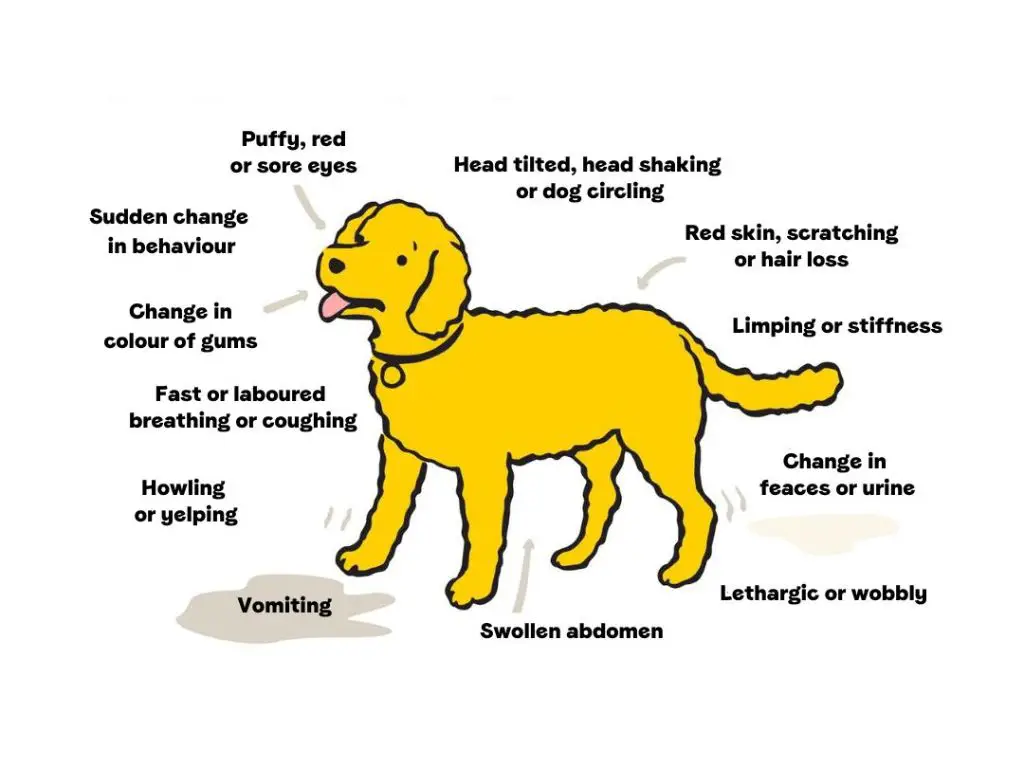Use Air Purifiers

Air purifiers are a great way to remove pet odors and keep your home smelling fresh. They work by filtering the air and trapping pet dander, hair, and other odor-causing particles. Here are some of the most common types of air purifiers to consider for pet odor control:
HEPA Filters – HEPA (high-efficiency particulate air) filters are extremely effective at capturing tiny particles like pet dander that can cause odors. HEPA air purifiers force air through a tightly woven filter that traps particles as small as 0.3 microns.
Activated Carbon Purifiers – Activated carbon filters absorb odors and gases from the air. The porous material attracts and traps odor molecules. This is effective at eliminating pet odors that linger even after dander and hair have been removed.
Ionizers – Ionizing air purifiers charge airborne particles with negative ions. This causes them to clump together and fall out of the air. They are best used in combination with other filters that can capture the particles.
When choosing an air purifier, look for one with a combination of filters to address odors, dander, and hair. Place air purifiers in rooms where your dog spends the most time, like the living room, bedroom, and enclosed pet areas. Run the purifier continuously to maintain clean air.
Clean Regularly
One of the best ways to keep your house from smelling like dog is to clean regularly. This means vacuuming, mopping, and dusting frequently. Pet hair and dander can get ground into carpets and settle on hard floors and furniture. Vacuum carpets and rugs at least twice a week, focusing on high traffic areas and places your dog likes to lay down. Mop hard floors at least once a week. Dust furniture weekly as well.
Wipe down surfaces your dog touches often, like floors, furniture, walls, and dog crates. Their paws and body can transfer oils that lead to odors. Cleaning these areas frequently prevents buildup. Wash dog beds, toys, leashes, collars, and bowls weekly too. Bacteria and odors can accumulate on these items over time if not cleaned regularly.
By vacuuming, mopping, dusting, and washing dog items multiple times a week, you’ll prevent odors from taking over your home. Developing these frequent cleaning habits will keep your house smelling fresh.
Manage Odors
One of the best ways to manage odors is by using common household products like baking soda and vinegar. These natural solutions can help absorb and eliminate dog smells throughout your home.
For carpets and furniture, sprinkle a light coating of baking soda and let it sit for 15-20 minutes before vacuuming up. The baking soda will help soak up odors trapped in the fibers. You can also mix baking soda with essential oils like lemon or lavender for extra fragrance.
Mixing equal parts vinegar and water in a spray bottle makes an effective cleaning solution for hard surfaces. The acidic vinegar helps break down stain residues and lift odors. Use it to wipe down floors, tile, walls, dog crates, and other areas.

Don’t forget the power of fresh air either. Opening windows regularly allows fresh breezes to circulate and ventilate the house. This can blow out stale odors and bring in clean air.
With the right homemade solutions and vigilance, you can successfully manage dog odors in your home.
Groom Often
Regular grooming is key to keeping dog odors at bay. Give your dog baths every few weeks or as needed with a mild shampoo meant for dogs. Bathing helps wash away dirt, grease and bacteria that cause odors. Be sure to thoroughly rinse and dry your dog after bathing.
Daily brushing also helps remove loose hair and distribute the dog’s natural oils for a healthy coat and skin. Use a bristle brush, comb or shedding tool to brush out tangles, remove shedding fur and improve circulation.
Trim your dog’s nails as needed, usually every 2-4 weeks for average activity levels. Long nails can catch on surfaces and tear, plus they just look unkempt. Grinding down nails with a dremel tool is gentler than clipping.
By staying on top of bathing, brushing and nails, you’ll keep your dog’s coat clean and healthy while reducing loose fur and oils around the house that lead to smells.
Clean Accidents Thoroughly
Cleaning up urine and feces accidents is crucial for eliminating odors in the home. When an accident occurs, it’s important to clean thoroughly and as quickly as possible.
For urine stains and odors, use an enzyme cleaner specifically formulated to break down the compounds in urine that cause lingering odors. Enzyme cleaners work on a molecular level to completely eliminate the smell. Look for enzyme cleaners made for pet messes at pet supply stores.
For feces accidents, remove as much of the mess as possible using paper towels or a plastic bag over your hand. Then use an enzyme cleaner and let it soak into the area for 5-10 minutes before scrubbing and extracting any remaining mess. Rinse thoroughly afterwards.
White vinegar is another effective odor neutralizer. Mix equal parts vinegar and water and apply liberally to the accident site. Blot up excess moisture and allow to fully dry before allowing pets back in the area.
It’s important to not just mask pet odors but fully remove them. Thoroughly cleaning accidents as soon as they happen will help keep your home smelling fresh.
Wash Items Regularly

Washing your dog’s items and things they frequently come into contact with is an effective way to keep odors at bay. Dog beds, blankets, toys, leashes, collars, and crates can hold onto smells over time. Wash these items on a regular basis, about once a week or every other week. Use an enzymatic cleaner or baking soda to help break down odors and freshen fabrics. Wash on a gentle cycle and allow items to fully dry before giving back to your dog.
You’ll also want to wash any of your own items that your dog regularly comes into contact with. This includes clothes, towels, blankets, and bedding. The smells can transfer to your own belongings. Washing these frequently will keep odors from building up over time. Having multiple sets of your dog’s bedding can help so you can wash one set while they use the other.
Adjust Your Dog’s Diet
One of the best ways to reduce dog odor is by feeding your dog a high-quality diet. Look for dog foods with quality protein sources like chicken, fish, lamb or turkey as the first ingredient. Avoid dog foods with fillers like corn, wheat or soy which can lead to excess gas and digestive issues.
High quality dog foods are more digestible, resulting in less gas, smaller stools and less doggy odor. They provide better nutrition too, so your dog’s coat will be healthier. Consider adding supplements like probiotics, omega fatty acids and digestive enzymes to support your dog’s gut health and reduce gassiness.
Avoid feeding your dog table scraps or changing their diet frequently as this can upset their digestive system. Stick to scheduled feedings rather than free-feeding, and try different proteins if you suspect food allergies contributing to tummy troubles or smell.
Limit Access
Dogs can track odors and dirt through your home, so limiting their access to certain areas can help keep smells contained. Use baby gates or closed doors to keep dogs out of rooms where you want to prevent smells. For example, keep dogs out of carpeted bedrooms where odors can really soak in. Limit them to non-carpeted areas such as kitchens, bathrooms and mudrooms that are easy to clean. This allows you to contain messes and smells to certain rooms. Close doors while cooking or eating meals so food smells don’t spread throughout the house. By restricting access, smells have less opportunity to spread.
See the Vet
Sometimes a dog’s odor can be caused by an underlying medical issue that requires veterinary attention. It’s important to rule out any potential health problems before assuming the smell is just due to your dog’s breed or normal shedding. Some medical causes of odors in dogs include:
- Skin infections – Bacterial or fungal infections of the skin can cause odors.
- Dental disease – Infection in the mouth from plaque, tartar, and rotten teeth can cause bad breath.
- Allergies – Both skin and food allergies in dogs can cause odors.
- Anal gland problems – Impacted or infected anal glands can cause a very foul smell.
- Ear infections – Bacterial and yeast ear infections can cause odors.
Schedule an appointment with your veterinarian to rule out any medical causes for your dog’s odor. Getting infections, dental disease, or other issues treated can help resolve smelly symptoms. Your vet can also assess if your dog’s skin is healthy, recommend any tests needed, and suggest the best ways to keep your pup smelling fresh.
Be Realistic

It’s important to be realistic when it comes to eliminating dog smells in your home. The truth is, having a dog will inevitably come with some level of odor. Their fur, feet, and other factors will lead to that classic “doggy smell” permeating your house to some degree.
While you can take steps to manage and minimize odors, don’t expect them to vanish completely. Setting unrealistic expectations will only lead to frustration. Accept that a mild doggy smell is par for the course when living with a canine companion.
Rather than aiming to eliminate all traces of odor, focus your efforts on keeping smells contained and under control. As long as you regularly groom your dog, clean after accidents, wash items they use, and employ air purifiers or odor eliminating sprays, you can successfully manage the smell to reasonable levels. But some mild scent is likely here to stay.
Approaching the issue with realistic standards will help make the situation more manageable. Remember that a spotless, odor-free home with a dog is likely not feasible long-term. Focus on control and maintenance rather than perfection.